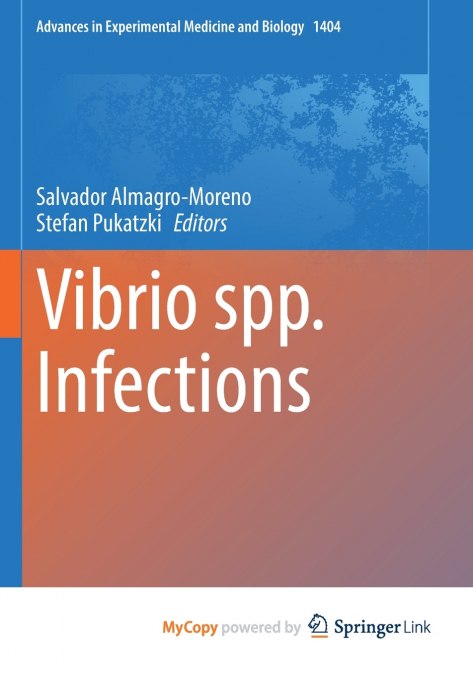
This book addresses current topics on pathogenic Vibrio spp. from a comprehensive and holistic perspective. Here, experts in the field provide timely chapters, ranging from genomics, pathogen emergence, and epidemiology to pathogenesis, virulence regulation and host colonization. Questions addressed include: How does climate change affect the spread of these bacteria? What is the status of current vaccines? Are there novel therapeutic options to treat Vibrio infections? Is there likelihood of emergence of new pathogenic strains or species? Can insights from mathematical models and epidemiology lead to prediction of pathogen outbreaks?Recent decades have seen a steady increase in Vibrio spp. infections originating in aquatic and marine habitats, driven by higher human population densities, warming of polluted oceans, natural and human-made disasters, and mass seafood production. These conditions increase the likelihood of pathogenic Vibrio spp. coming into contact with humans, making their study even more timely and relevant as these problems escalate over time. This book is a valuable resource for health management professionals, experienced microbiologists/ microbial ecologists, and early career scientists alike who want to learn more about these important environmental human pathogens. The ideas and technologies presented in this book for preventing, controlling, and monitoring Vibrio spp. infections contribute to the UN Sustainable Development Goal 3: Good Health and Well-Being.